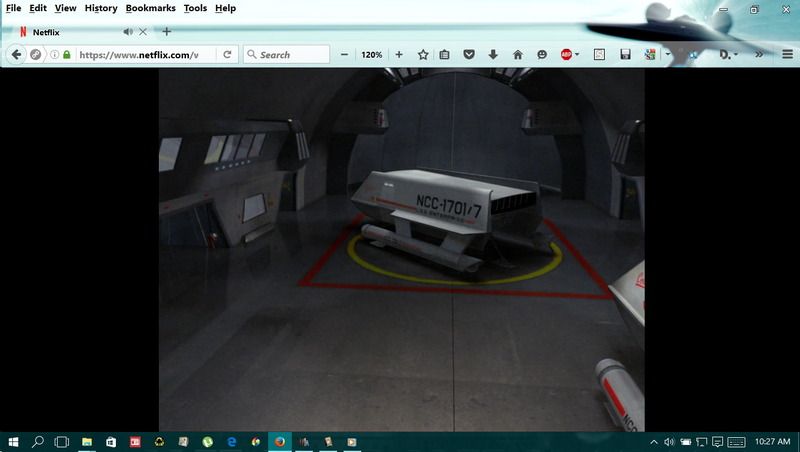Regardless, it just is not practical in TOS to have a shuttle that cannot exceed the speed of light for the stories that were presented
I broke this down once and in every instance of a shuttlecraft seen onscreen (except once) it has to have warp drive to make sense.
Absolutely, especially considering the episode Metamorphosis, or was that mission to get Commissioner Hertford supposed to last a few months or years. That's emergency evacuation of the future.



